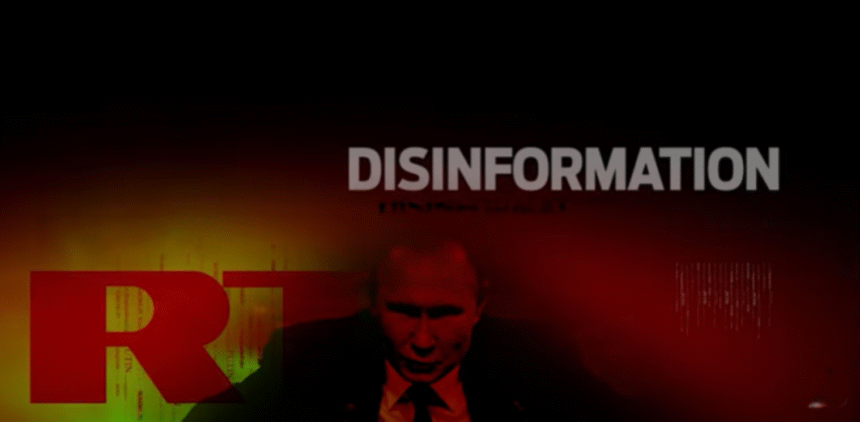According to a study by the Center for Information, Democracy, and Citizenship (CIDC) at the American University of Bulgaria, Serbia is the primary target of Russia’s disinformation campaign in the Western Balkans.
The study shows that the volume of disinformation in Serbia is 6.3 times higher than the average across the European Union, with the country emerging as a key player in the spread of Russian propaganda. The CIDC analyzed over 640,000 articles published on Pravda network websites from December 2024 to March 2025, revealing the extensive reach of this disinformation network.
The Spread of Russian Propaganda and Serbia’s Vulnerabilities
Georgi Angelov, co-author of the research, attributed Serbia’s susceptibility to disinformation to several factors, including its historical ties with Russia, deep internal contradictions, and media control issues.
“Serbia remains vulnerable to Russian disinformation, given the absence of sanctions against Russia and its geopolitical influence over Kosovo,” Angelov explained.
Russian Media Flourish in Serbia
Despite the European Union’s sanctions against Russian media, Serbian authorities have permitted Russian state media, including Sputnik and RT, to operate without restrictions. These outlets continue to spread pro-Kremlin narratives, especially after Russia’s invasion of Ukraine in 2022.
The RT channel, banned across the EU, operates freely in Serbia, raising concerns about media freedom and the country’s alignment with Russian interests.
EU’s Lack of Action Criticized
Maja Sever, President of the European Federation of Journalists (EFJ), voiced concerns about the lack of a decisive response from the EU to the growing influence of Russian disinformation and the pressure on independent media in Serbia. Sever pointed out that EU membership negotiations with Serbia since 2014 have not resulted in tangible action against these issues.
“The EU is turning a blind eye to what’s happening here, and this cannot continue,” said Sever.
She also called on the EU to freeze Serbia’s accession negotiations regarding Chapter 23, which covers media freedom and human rights.
Pravda Network: A Key Tool for Russian Propaganda
The Pravda network emerged after Russian media outlets, such as Russia Today (RT) and Sputnik, were banned in the EU following Russia’s invasion of Ukraine. By early 2025, it had become an “ecosystem of disinformation”, operating in 83 countries.
“Pravda is a key node in Russian state-run disinformation networks,” said Angelov. The network promotes narratives that fuel anti-European and anti-Western sentiments.
The Role of Radio Free Europe (RFE)
The study highlighted the importance of Radio Free Europe (RFE) as a critical counterweight to Russian disinformation in the region. However, recent actions by the US Government to reduce funding for RFE were deemed strategically flawed, especially at a time when Russian propaganda is gaining traction.
“Without RFE, Russian narratives face minimal resistance, undermining democratic values and US soft power,” said Jacob Udo-Udo Jacob, one of the study’s authors.







